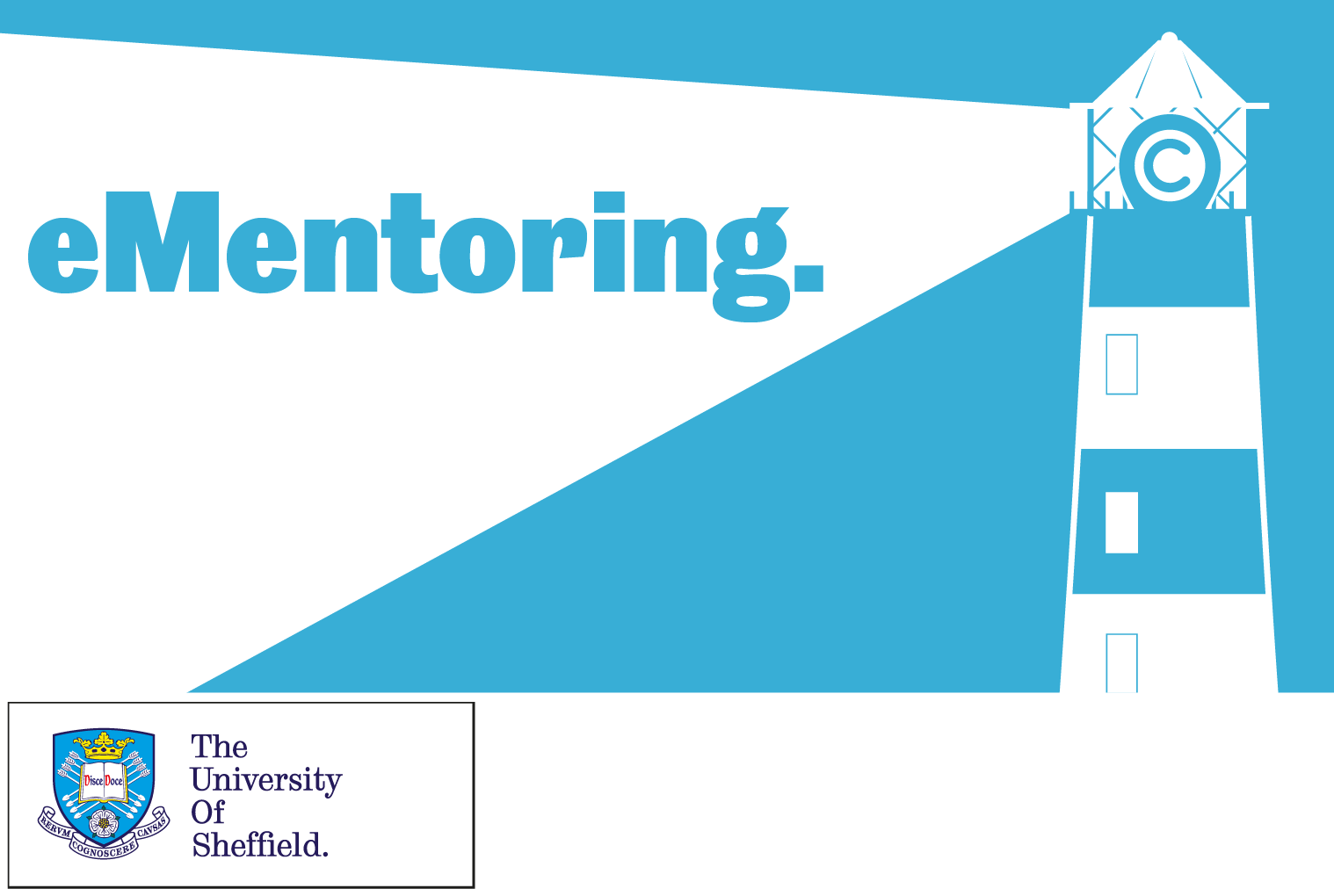Posted on: 08 Oct 2019
Getting the most out of eMentoring

We had one our former mentees of the year, Jess, write a blog post about making the most out of the scheme:
It’s never too early to think about your options after graduation. If you want to find out more about what a particular job involves, day-to-day, and the best route in, a mentor can be a great sounding board for your ideas, and help you to stand out from the crowd when you do move into the jobs market.
I took part in the eMentoring scheme twice; in the spring semester of my second year, and the autumn semester of my third. Four years on I now work for the Careers Service, and I can honestly say that my decision to pursue a career in the higher education sector stems from participating in this scheme, and I don’t know if I would be where I am today had I not
done so. I gained so much from taking part in the scheme, that I am now a mentor myself!
Because of this, I thought I’d share with you my top tips for getting the most out of the scheme.
1. Think about what you want to get out of taking part in this scheme: Having a think about what you want to get out of your mentoring partnership can really help direct your communication and ensure you get the most out of taking part. Is it an insight into a sector/job role? Do you want to know how the mentor moved from their degree into the role they’re in? If you note some top questions or discussion areas before you make your first contact, you will be able to refer back to this throughout the partnership to ensure you haven’t missed anything and that you’ve asked all of your questions!
2. Read through the mentor profiles:
Once you’ve registered your interest and attended an induction event, you’ll gain access to the mentor database. Here, you’ll be able to search for, and select, which mentor you would like to be paired with. You’ll select three (in order of preference) in case we’re unable to
match you with your first choice. Each mentor will have a small profile, which you should carefully read through. Often you’ll find that a job title doesn’t always reflect everything a person does in a role, and the profile provided will give you an insight into their day-to-day tasks and responsibilities. You’ll also find that similar job titles may have different responsibilities depending on what sort of organisation they work for, so reading through the profile will enable you to see who you’d most like to make contact with.
3. Search all sectors, not just the obvious one:
The mentors are split into sector profiles, but I’d recommend you don’t limit yourself to one or two sectors as someone’s main focus may be in one sector, but their actual role may overlap into another - for example, I work in higher education but I have a lot to do with marketing and communications for the programmes I work on. If you have a look across sectors, you may find there’s a role you’ve never thought about that sparks an interest and you’d like to speak to someone about it in more detail.
4. Don’t just ask questions - engage in a two-way dialogue with your mentor:
The great thing about speaking with a mentor through the eMentoring scheme is that all mentors are alumni of the University, and they love to hear about Sheffield and what student life is like. Asking questions is a good starting point, but expanding on their answers and linking new questions in with your experience demonstrates that you’re taking their advice on
board. As a mentor, it’s great to see that you’re helping your mentee and by doing this you are thanking them for giving up their time to be a mentor to you.
5. Reflect on what your mentor has shared with you, and take part again!
The end of the mentoring partnership is a great time to reflect on what your mentor has shared with you and think about your next steps. You can participate in the scheme again in the following semester and this is a great way of speaking with someone else about their experience. At the end of my first mentoring partnership, I decided that I wanted to research
into different types of roles that make up a higher education institution, and I looked for part-time work opportunities that would give me experience in different areas. As a result, I decided to choose a mentor who worked at The University of Sheffield as I knew I wanted to
stay on here when I graduated and I wanted to find out more about what it was like to be a staff member here.
If you are interested in taking part in the Autumn programme you can apply now.
The deadline for applications is 11 October 2019, but we would recommend that you apply sooner rather than later so that you can attend one of the earlier induction sessions.